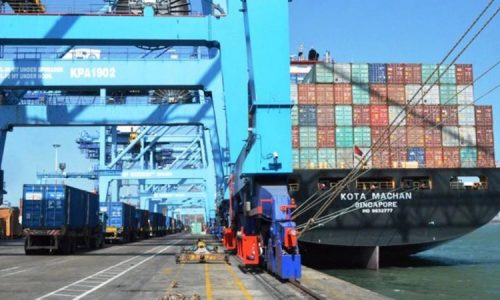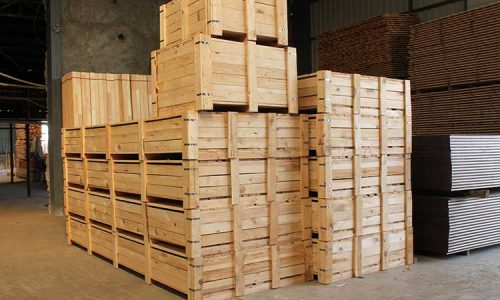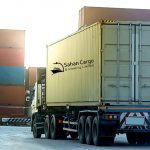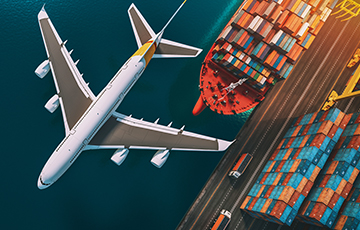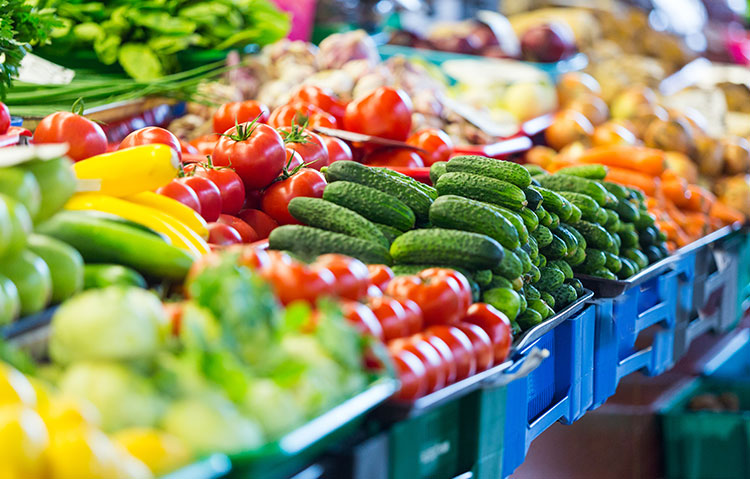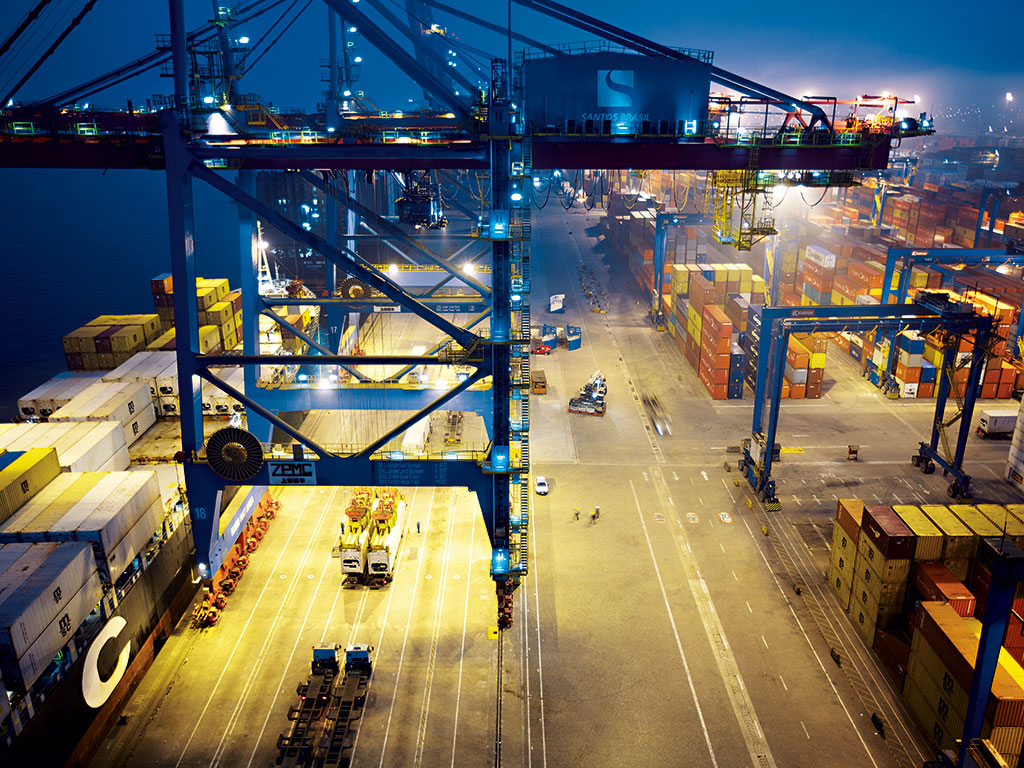Shippers Pay Premium Prices for Containers As Shortage Bites
- Sahan Cargo
- Logistics, Shipping goods
- 0 Comments
Shippers have been forced to pay a premium for containers as the world witnesses a shortage, which has seen freight charges skyrocket.
The cost of shipping goods to Kenya has risen steadily since last December to hit a historic high of more than $6,000 in April with a knock-on effect being the increase in the cost of goods locally.
The cost of shipping a 40-foot container from China rose to $5,092 from $3,055 in December before settling at $6,000 in April, according to a traders lobby.
Covid-19 pandemic, which has been rampant in Europe and America, contributed to the shortage as shipping containers are not returning to China due to a drastic reduction in imports.
“Importers have had to wait longer or pay a premium to get the containers, a cost that has to be passed over to consumers,” said James Kariuki, chairperson of the Kenya-China Trade Association.
The shortage of shipping containers in China is because while the Asian nation’s recovery from the pandemic has been faster, Covid-19-related restrictions and staffing shortages in ports in the US and Europe have delayed the return of containers to the east Asian ports.
According to Kenya Ports Authority (KPA), there are three containers dedicated for every one container slot in a ship. For example, if a ship has a storage capacity of 10 containers, a total of 30 empty containers will be dedicated to that ship and that the 30 containers will have to be managed such that they are always available for that ship.
However, there is always an impending challenge to maintain the ratio since not all importers will surrender back the empty container in good time after they have stripped and collected their import cargo.
“This is the reason why container deposit and demurrage or retention fees are charged to serve as a deterrent or to compel importers to surrender back the empty containers after they have collected their cargo to make them available for use in freighting export cargo,” said Benjamin Mwandawiro, Senior Operations Officer at KPA.
Industry insiders estimate that two to three million new containers have to be produced to ensure enough supplies.
Mr Kariuki said the shortage is likely to hold until China, which was an epicentre of coronavirus, opens up.
A significant percentage of goods on the retail shelves in Kenyan stores are shipped in from China and the Far East.
These goods include electronics such as mobile phones and television sets and their accessories, utensils, furniture, electrical appliances, clothes and prefabricated buildings as well as capital-intensive ones such as heavy machinery. Kenya is hugely reliant on China for basic household supplies.
Last year, the value of Kenya’s imports from China stood at $3.3 billion, a drop from $3.4 billion a year earlier.
